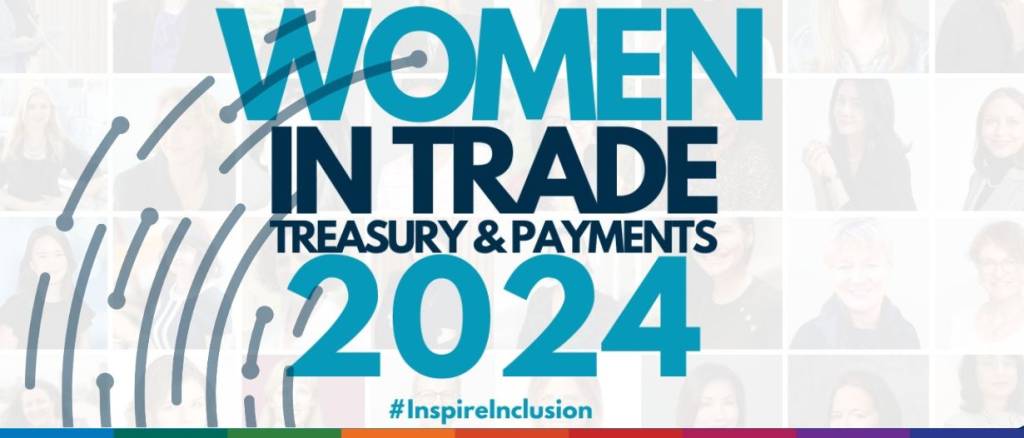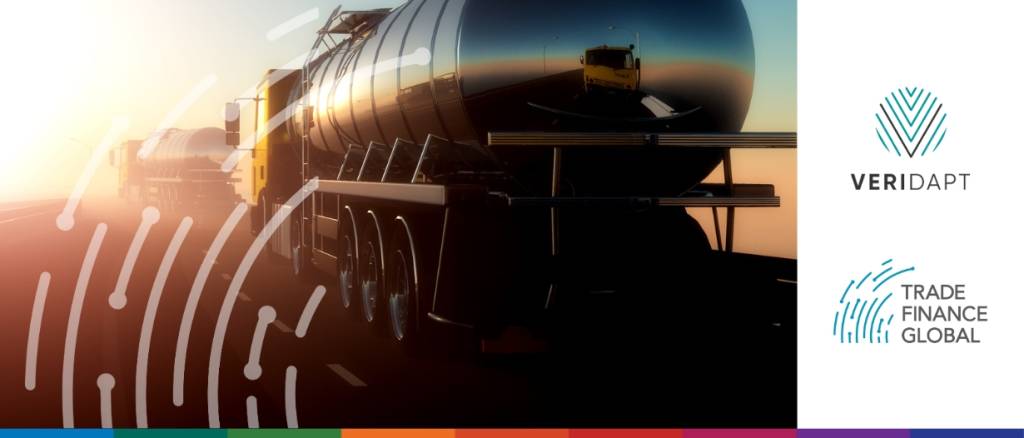In a recent episode of the CII podcasts, Mark Abrams, MD, and Global Head of Trade & Receivables Finance at Trade Finance Global (TFG), engaged in a thought-provoking conversation with Jayant Sriram, an ex-journalist. The episode discusses crucial aspects of international trade and finance, shedding light on challenges and innovative solutions shaping the industry.
While at COP28, held in Dubai, UAE, the International Chamber of Commerce (ICC) has released its Wave 2 framework.
The European Union’s latest regulation on late payments presents a balancing act reminiscent of tightrope walking.
To talk about Absa’s sustainability plans, Trade Finance Global’s Brian Canup spoke with Msizi Khoza, Managing Executive ESG, Absa and Ovizikhungo Sicwetsha, Pan African Head, Short Term Finance, Absa.
Global trade has shown remarkable robustness in the past few years, even under progressively difficult operational circumstances. While there’s a gradual downturn underway, there are still promising factors.
London, United Kingdom – Trade Finance Global (TFG) is thrilled to announce our Women in Trade, Treasury & Payments 2024 campaign, taking place on 7 March 2024, at the Lansdowne Club in London.
Trade has been the engine of economic growth in London for centuries. From the founding of the city by the Romans down to its modern, finance-focused incarnation, the capital has been defined by its interaction with other nations and peoples via trade.
Trade finance providers have a critical role to play in the low-carbon transition. Through their lending decisions, they hold massive influence in some of the most carbon-intensive companies and supply chains, and they can use this leverage to push for much-needed progress on climate.
Digital fuel management technology is making the mining industry less carbon-intensive and more profitable amid a mass shift to renewables-generated energy.
The overreaching arc of sanctions regulations is threatening the certainty of payments guaranteed by the smooth functioning of letters of credit (LC) in international trade. This tension recently played out in the Singapore courts in a judgment handed down recently (Kuvera Resources Pte Ltd v JPMorgan Chase Bank, N.A. [2023] SGCA 28).
























